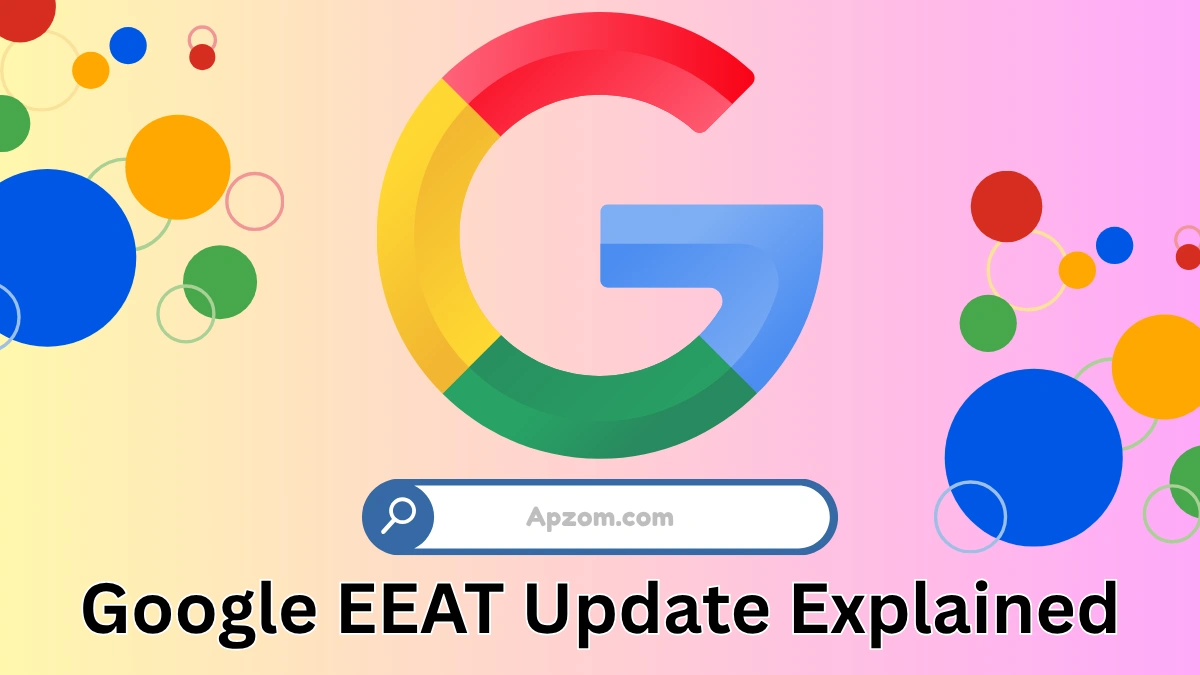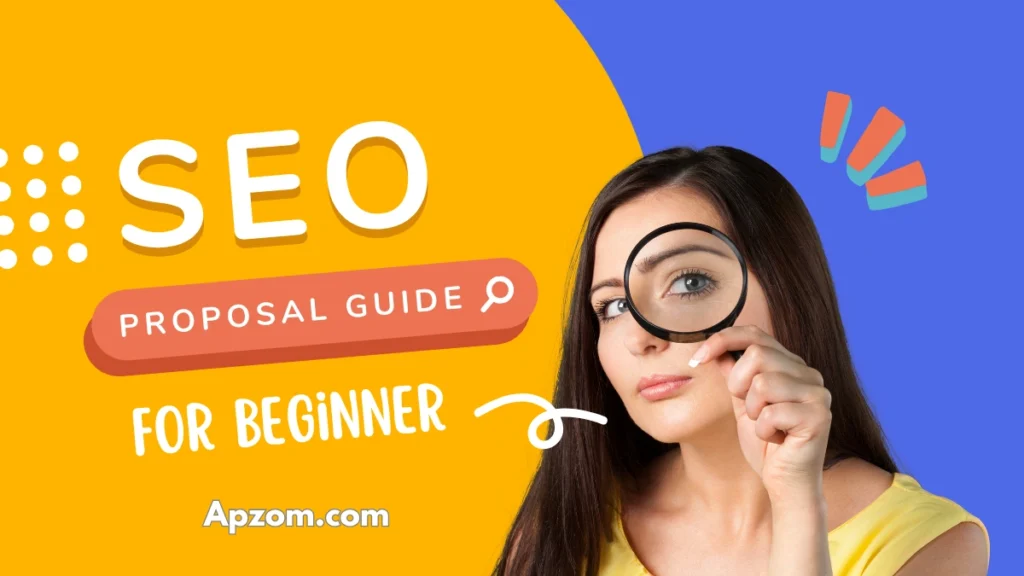If you’re wondering what Google EEAT is and why it suddenly matters more than ever in 2025, you’re in the right place. Simply put, Google EEAT is about how Google evaluates your website’s content based on Expertise, Authority, and Trustworthiness — three pillars that decide how well your site ranks in search results. The Google EEAT Update 2025 focuses on these factors more deeply than before, affecting your SEO strategy significantly.

In this guide, we’ll break down everything you need to know about EEAT, how it works, why it’s essential for your website’s success, and how to improve your rankings by aligning with Google’s latest search criteria. Whether you’re new to SEO or looking to refresh your knowledge, this article is your complete resource.
What Is Google EEAT? A Simple Explanation
Google EEAT stands for Expertise, Authority, and Trustworthiness. It’s a set of standards Google uses to judge the quality of websites and the content they publish. The better your website meets these standards, the higher your chances of ranking well in search results.
-
Expertise means your content is created by someone knowledgeable in the subject.
-
Authority refers to your website’s overall reputation and influence in your niche.
-
Trustworthiness means your site is reliable, honest, and safe for users.
In 2025, Google’s algorithm update places even more emphasis on EEAT to combat misinformation and provide users with high-quality, trustworthy answers.
Why the Google EEAT Update 2025 Matters for Your SEO
The Google EEAT Update 2025 isn’t just a minor tweak; it’s a fundamental shift in how SEO works. Google now prioritizes sites that clearly demonstrate expertise and trust, especially for sensitive topics like health, finance, or legal advice (often called “Your Money or Your Life” or YMYL pages).
If your site lacks credible authors, quality content, or transparent information, you might see your rankings drop. On the flip side, sites that follow EEAT content guidelines will enjoy better visibility, more organic traffic, and greater user trust.
How Does Google Measure EEAT?
Google uses a combination of automated algorithms and human quality raters to assess EEAT. Here’s what they look for:
-
Expertise: Is the content created by a real expert? Check author bios, credentials, and writing quality.
-
Authority: Does your website have good backlinks, social proof, or endorsements from other trusted sites?
-
Trustworthiness: Does your site have clear contact info, a privacy policy, and secure HTTPS connection?
Google also checks for content trustworthiness SEO signals like positive reviews, consistent information, and a good user experience.
EEAT in Digital Marketing: Why Marketers Need to Care
For digital marketers, understanding EEAT is critical. It influences everything from content creation to link-building strategies. Without EEAT, even the best SEO tactics won’t get you far.
In 2025, your SEO strategy must focus on building real expertise and authority. This means producing well-researched content, showcasing credentials, and creating a website users can trust. EEAT isn’t just about ranking; it’s about building long-term brand value.
What Changes Did the Google Algorithm Update 2025 Bring?
The 2025 update sharpened Google’s focus on quality over quantity. Sites using thin content or misleading tactics face penalties. The update enhances Google’s ability to detect:
-
Fake or copied content
-
Unverified claims
-
Low-authority websites pretending to be experts
Google now rewards content that is transparent, detailed, and backed by credible sources. This change aligns with Google’s mission to provide the best possible answers to users’ questions.
EEAT SEO Strategy: Practical Tips to Improve Your Website
Here’s how to improve your website’s EEAT and align with the latest SEO guidelines 2025:
-
Showcase Author Expertise: Add detailed author bios with qualifications and experience.
-
Get Credible Backlinks: Earn links from authoritative sites in your industry.
-
Create High-Quality Content: Write accurate, original, and well-structured articles that answer user queries fully.
-
Be Transparent: Include contact info, privacy policies, and clear terms of service.
-
Optimize for User Experience: Fast loading speed, mobile-friendly design, and easy navigation help build trust.
-
Use Secure HTTPS: A secure site protects users and signals trustworthiness to Google.
-
Engage Your Audience: Encourage reviews, comments, and social sharing for social proof.
-
Regularly Update Content: Keep your information fresh and relevant to maintain authority.
EEAT Content Guidelines: What You Must Know
Google’s content guidelines stress the importance of EEAT for creating pages that meet user needs. Follow these rules:
-
Avoid unsupported claims or exaggerations.
-
Cite reliable sources for facts and statistics.
-
Use clear, simple language to explain complex topics.
-
Include multimedia (images, videos) to improve engagement.
-
Remove outdated or incorrect information promptly.
By following these guidelines, your content will better satisfy Google’s quality standards and users’ expectations.
How to Improve EEAT for SEO: Common Mistakes to Avoid
To strengthen your EEAT signals, avoid these pitfalls:
-
Publishing anonymous or unverified content.
-
Using clickbait titles that don’t deliver on promises.
-
Ignoring site security and privacy concerns.
-
Neglecting mobile optimization.
-
Ignoring user feedback or reviews.
Instead, focus on building a genuine, expert-driven brand with transparent and useful content.
Understanding EEAT Signals Google Uses to Rank Your Site
Google looks at many subtle EEAT signals, including:
-
Author reputation across the web.
-
Mentions and citations on social media and forums.
-
User engagement metrics (time on page, bounce rate).
-
Quality of backlinks.
-
Consistency of information with trusted sites.
Monitoring these signals can help you adjust your strategy and improve rankings steadily.
The Future of SEO with EEAT in Focus
EEAT is here to stay and will only grow in importance. As AI and misinformation continue to challenge search engines, Google’s reliance on human-like judgment of content quality will intensify.
To succeed in 2025 and beyond, websites must prioritize building real expertise, gaining authority, and earning user trust. This approach will not only improve SEO but also create a loyal audience and stronger brand presence.
Conclusion
Google’s EEAT Update 2025 marks a new era in SEO where quality, expertise, and trust reign supreme. For beginners and seasoned marketers alike, understanding and applying EEAT principles is essential for staying visible and credible online.
By focusing on creating expert content, building authority, and ensuring trustworthiness, you can boost your rankings and provide real value to your audience. Remember, SEO is no longer just about keywords; it’s about building meaningful connections through quality content.
FAQs
1. What is Google EEAT in simple terms?
EEAT stands for Expertise, Authority, and Trustworthiness, which Google uses to rank websites based on content quality and reliability.
2. Why is the EEAT update important in 2025?
Because Google focuses more on quality and trust, websites that follow EEAT guidelines rank higher and get more traffic.
3. How can beginners improve their EEAT?
By writing expert content, showing author credentials, getting quality backlinks, and securing their website.
4. Does EEAT affect all types of websites?
Yes, but it’s especially crucial for YMYL (Your Money or Your Life) sites like health, finance, and legal content.
5. What kind of content does Google prefer under the EEAT update?
Accurate, well-researched, original content with clear sources and transparent authorship.
6. Can EEAT help with Google Discover rankings?
Yes, good EEAT can improve your content’s chances of appearing in Google Discover by signaling high quality and trust.
7. How often should I update my content to maintain EEAT?
Regularly review and update content, especially if it relates to fast-changing topics or industry standards.
8. Are backlinks important for EEAT?
Absolutely. Quality backlinks from trusted sources boost your site’s authority and help Google trust your content.
